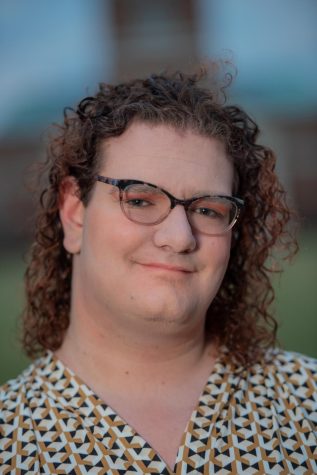Wake Forest to establish School of Professional Studies in Charlotte
The university continues to expand its influence across the state of North Carolina
December 6, 2020
Wake Forest will move forward with a plan to expand its influence in Charlotte, N.C. next year by opening a new school of professional studies.
This initiative, which became public just after students left campus in November, was launched to capitalize on Wake Forest’s partnership with Atrium Health that resulted in the creation of another medical school campus, according to Provost Rogan Kersh. The school will build on (and will take the space of) the existing Wake Charlotte program, which offers summer courses to Wake Forest students and highschoolers.
“The idea of expanding Wake Forest-provided education for working professionals has been high on our priority list for the better part of a decade,” Kersh said. “The Atrium opportunity is a fortunate one, providing a kind of foundation for expanding our efforts and the proposed school.”
Business School Dean Charles Iacovou has been appointed to lead the new professional school. Vice-Dean Michelle Roehm will take over the School of Business following his departure.
The school will be connected to existing professional schools and departments in Winston-Salem, and is designed to support the robust Wake Forest community in Charlotte.
“The way I see this opportunity is to really establish new sets of programs that support the working professionals, the endowed learners in Charlotte and beyond. [To do this,] we are tapping into the best expertise that we have throughout the university … it’s one of the strengths that we can bring to this initiative,” Iacovou said, who explained he is also in contact with professional schools from other universities.
The professional school will be open to undergraduates, especially for its virtual classes — a substantial portion of online classes will be offered even after COVID-19 abates, per Kersh — but there are no plans for a semester program in Charlotte like that of Wake Washington.
Kersh and Iacovou stress that the program in Charlotte will be additive and will not take away anything — professors, departments, or other programs — from the Reynolda Campus, with the exception of Iacovou.
“We view this as a bi-directional collaboration, not as a one-way alliance,” Iacovou said.
Plans for specific programming have yet to be determined or released, but those involved with the planning shared that the new school’s courses will be extensive and multi-disciplinary. However, Kersh and Iacovou highlighted the intent to make the school accessible to those who may not be able to normally afford a Wake Forest education through ranging course offerings and pricing.
“We’re collaborating with many partners who understand the evolving needs [of the professional world to] align our offerings to the sectors we anticipate will have growing needs going forward,” Iacovou said. “We will have a spectrum of offerings, ranging from a single course that someone can take, to a certificate, to a full-on degree.”
As the full business plan for the professional school is still pending, the full details and scope of the program have yet to be announced publicly. However, with a new medical school partnership with Atrium Health and an active base of Wake Forest community members in Charlotte, many in the upper administration believe the university is poised to establish a robust professional school and further expand Wake Forest’s influence in North Carolina.





















